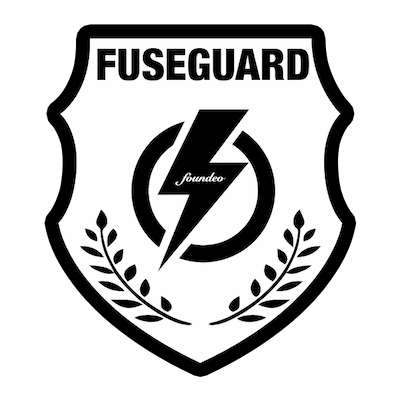J2EE Session Cookies on ColdFusion / JRun
By Pete Freitag
As you are probably aware ColdFusion allows you to use the integrated J2EE sessions that are provided as part of the J2EE server (by enabling the Use J2EE session variables setting in ColdFusion Administrator). When you enable this setting, a cookie called JSESSIONID is used to store the session identifier.
One of the drawbacks to session cookies in ColdFusion is that there is little control over the cookies that are created, you typically need to set the cookies in your onSessionStart event method with cfcookie to add security settings like HttpOnly or secure.
J2EE typically provide a way to specify settings J2EE session cookie ( typically called JSESSIONID, you can usually change the name of this cookie if you want). In JRun 4, the settings can be added to the jrun-web.xml file located in the WEB-INF folder. Here's an example of of how you might add the secure flag to the JSESSIONID cookie:
<jrun-web-app>
<session-config>
<cookie-config>
<active>true</active>
<cookie-secure>true</cookie-secure>
</cookie-config>
</session-config>
</jrun-web-app>
It is important to understand that this change will affect all sites on your ColdFusion server, so it may not be the best approach for all server setups.
You can find the documentation for the JRun session-config tag and its children here: here.
So what about HttpOnly cookies? You have probably noticed that there is no setting for this in JRun, I did find a way to get it working by appending it to the path, for example:
<cookie-path>/;HttpOnly</cookie-path>
That's not documented anywhere, but it does work. The cookie-path tag goes inside the cookie-config tag.
If you are using any JEE server besides JRun (eg Tomcat has one, WebLogic, etc), there is probably a documented method for creating HttpOnly J2EE session cookies.
Update: ColdFusion 9.0.1 added support for a httponly java system property that you can use instead. See details on HttpOnly cookies in ColdFusion.
J2EE Session Cookies on ColdFusion / JRun was first published on February 08, 2010.
If you like reading about jrun, coldfusion, sessions, jsessionid, j2ee, or cookies then you might also like:
- CFLogin Security Considerations
- Installing multiple versions of CFMX on JRun
- SessionRotate solution for JEE Sessions
- J2EE Sessions in CF10 Uses Secure Cookies
The FuseGuard Web Application Firewall for ColdFusion & CFML is a high performance, customizable engine that blocks various attacks against your ColdFusion applications.
CFBreak
The weekly newsletter for the CFML Community
Comments
Just a small typo correction in the xml (missing a / in the end cookie-config tag).
<jrun-web-app>
<session-config>
<cookie-config>
<active>true</active>
<cookie-secure>true</cookie-secure>
</cookie-config>
</session-config>
</jrun-web-app>
<jrun-web-app>
<session-config>
<cookie-config>
<cookie-path>/;HttpOnly</cookie-path>
<cookie-config>
</session-config>
</jrun-web-app>
@Joe - Thanks, I updated the blog entry.
@John - Yes it does belong inside the cookie-config tags, I updated the blog entry to make that more clear.
 Pete Freitag
Pete Freitag